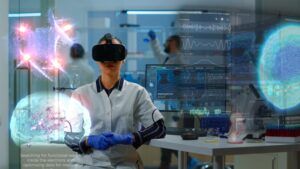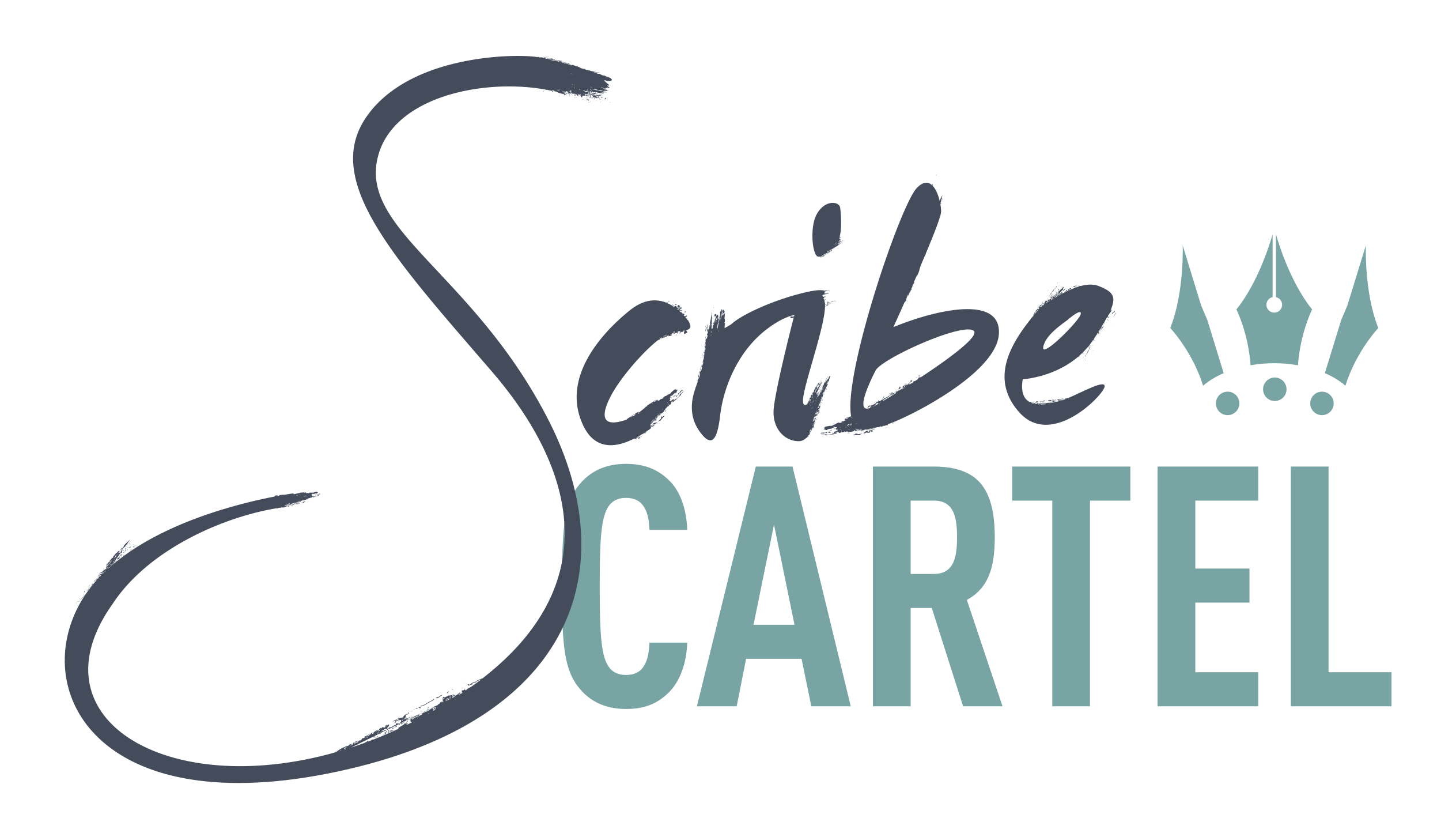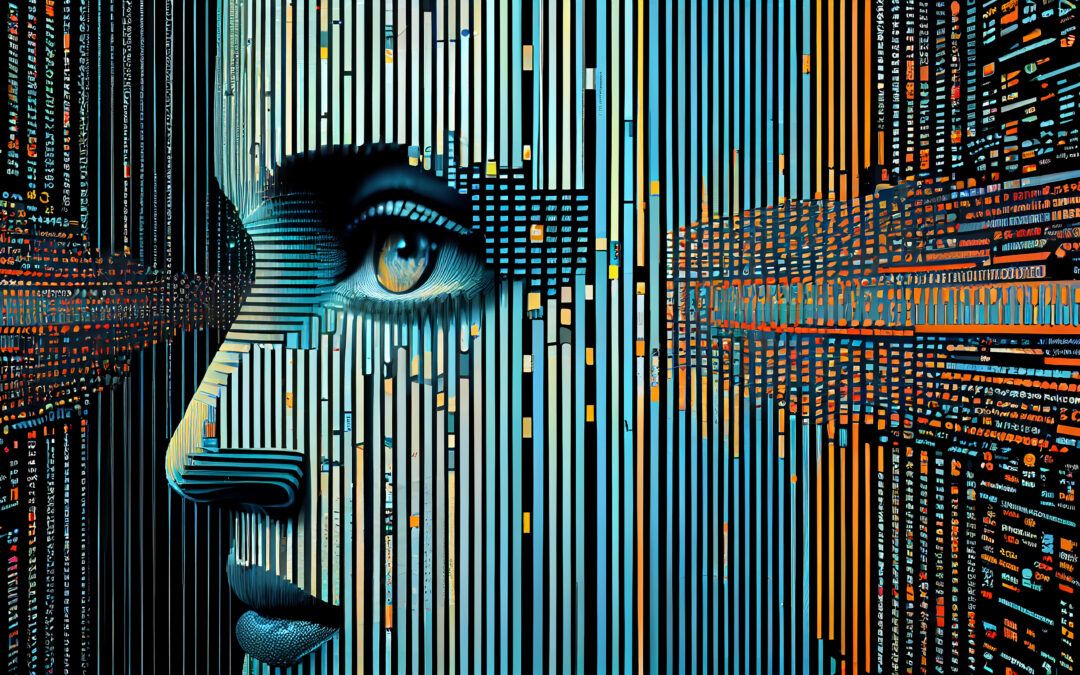For those of us who are more spiritually and quintessentially inclined, the rapid evolvement of Artificial intelligence (AI) and its increasing pervasiveness in our lives is cage-rattling at best. From self-driving cars to virtual assistants, AI is changing how we live and work at breakneck speed. I hope you have an excellent chiropractor.
It’s argued the tech themselves are not good or bad; it’s the application that determines that, but science and technology aren’t neutral or separate from social relations.
Its effects are already profound. The natural healthcare industry is no exception (discussed below). Governments and organisations are scrambling to get regulations in place.
Never mind a dystopian future; we have arrived through facial recognition and systems that can read emotional states and personality traits. Resting alongside are implementations that go unnoticed now, like personalised Spotify and Netflix recommendations to fantastically relevant ads and customised online shopping experiences. Brain-computer interfaces (BCIs) will be the transhumanist overlap.
Job displacement and the erosion of human control are key concerns, with many of us pressing for a pause to slow progress, ask more questions and innerstand how we can opt-out. Even some of its creators want to pump the brakes.
It won’t divide neatly into two camps with the spectrum of views on AI, but the world may split over this. While I don’t wish to propagate more fear, the potential for greater disparities among us is influenced by more than personal opinion.
- Cost: AI technology is still in its early stages, making it expensive to develop and deploy, creating another mechanism to widen the canal between the haves and have-nots.
- Ethics: Job displacement and trained biases. Privacy violations and increased fraud through deep fakes and data breaches are already happening.
AI Advances In Natural Medicine
AI can assist with personalising herbal medicine by analysing a person’s medical history, symptoms, and lifestyle factors to create customised formulas. It’s also being used to identify new compounds with potential therapeutic benefits in Traditional Chinese Medicine, speeding up new preventative and treatment care developments.
AI programs are being tested to analyse clinical trial data to better identify patterns and trends that can help optimise the clinical trial process.
Preventing adverse reactions by screening for contraindications between herbal products and medications can now also be done by AI, while image technology can identify herbs and assess their material integrity. Incredible for ensuring high-quality, pure ingredients in products.

Our Sentience Is Our Superpower.
I recently watched an Aljazeera journalist interview a fully conversational and bodied AI Robot, Sophia. I was in silent, frightened awe initially. However, as the conversation continued, I could see that it isn’t particularly interesting as an independent, passionate or free-thinking conversationalist, deferring to neutral opinion and devil’s advocate responses. The linguistic abilities are there, yet the chatbot personality is evident.
Despite appearances, AI is not sentient or conscious.
Even if a bot claims to feel something, it’s merely using the complex algorithms and language patterns it has been trained on to simulate expression.
Self-aware AI tech does not currently exist. Maybe I’m naive, but I don’t see how it ever could develop free will or a sense of Self. It cannot smell, (touch) feel or taste. It could never conceive our most influential teachers: suffering, loss and physical pain, and how emotions can affect our mental and physical health.
It may be able to convincingly mimic, but it will never comprehend the innate, inexplicable grief felt by the death of a loved one, or the uncontrollable, tear-inducing laughter from something utterly hilarious, for example.
It will though, become harder to tell as it evolves, especially if we continue to anthropomorphise it.
Supplanting human emotion and connection.
We are social creatures who need kinship and will always need human relationships to thrive. Thrive is the keyword here, as this is what we are meant for, not mere survival. Companionship and support: Some will take up this offer, but for the majority of us, AI won’t compare to the real thing. Even if it’s been programmed with all the world’s knowledge, I don’t see how it can grasp the continuum of our inimitable human experience to understand and empathise with us.
The Potential and Perils
In a 2016 Harvard Business Review article, Thomas Frey argued that up to 45% of jobs in the United States could be automated by 2030. And in a 2017 report for the McKinsey Global Institute estimated that up to 800 million jobs could be lost to automation worldwide by 2030.
The way things are progressing, that timeline seems accurate.
What happens to those whose jobs become obsolete, who don’t have other income, and there are increasingly fewer jobs to retrain for? They’ll potentially be funnelled into Universal Basic Income. Would governments let those people kick back and collect their payments unconditionally?
We must also recognise that if we accept these technologies as an inevitable future, we are yielding ground to a growing number of tech companies that will have unfathomable control and power over societies and people’s lives.
This is ultimately where my aversion to most of this lies, no matter how much humanitarian spin they try to give it.
The inner work to keep our minds alive and objective is more salient as discerning between reality and fable grows more challenging.
Once men turned their thinking over to machines in the hope it would set them free.
But it only permitted the men with the machines to further enslave them.
Frank Herbert, Dune.
Ways to Support Conscious AI Application
It is possible to opt out of some aspects of AI, but it is becoming increasingly complex with smartphones and digital integrations.
- Educate yourself. The more you innerstand, the better equipped you will be to make informed decisions about how and whether to use it.
- Get involved in the discussion. Several organisations and initiatives are working to ensure that AI is ethically developed and used to benefit humanity, like the Algorithmic Justice League and Digital Rights Watch.
- Support policies and regulations that protect human use of AI and investments in education and training for workers displaced by AI.
- A growing number of businesses are resisting AI or are using it ethically and responsibly – seek them out and choose them.
Want to write like this?
Interested in writing thoughtful, informative blogs over short social media content that will get people to your website to book you, but you aren’t sure where to start? Download The Blogging Breakthrough: A guide for holistic health practitioners to brainstorm, research, structure, and write standout blogs as core content.



